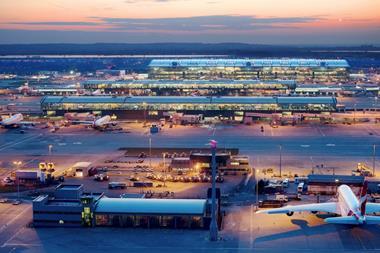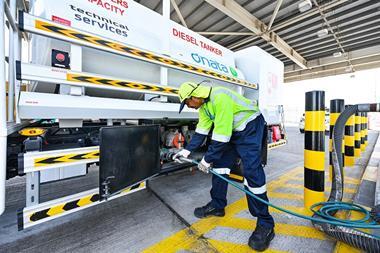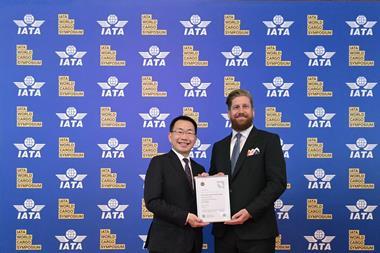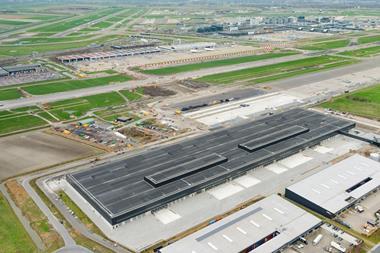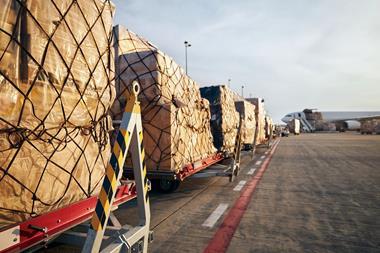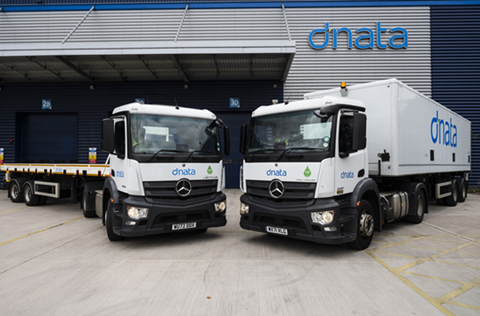
Ground handler dnata is now running its Heavy Goods Vehicle (HGV) fleet of 70 trucks at the UK's Heathrow Airport on Hydrotreated Vegetable Oil (HVO) to further reduce its carbon footprint.
Moving from diesel to the fossil-free biofuel is projected to reduce the carbon footprint of dnata’s HGV’s fleet by 77%, cutting carbon dioxide equivalent (CO2e) emissions by over 2,400 tonnes annually, said dnata.
This is comparable to the greenhouse gas emissions from over 530 average petrol-powered passenger vehicles for 12 months, added the company.
The initiative is part of the dnata Group’s efforts to reduce its carbon footprint 50% by 2030 in line with its eight-year strategy.
Alex Doisneau, managing director of dnata UK, said: “We are committed to implementing meaningful initiatives to maximise environmental efficiency. The introduction of biofuel, such as HVO, into our UK operations is another important step in our ongoing journey to reduce our carbon footprint.
“We will continue to invest in infrastructure and equipment to contribute to dnata’s global sustainability targets.”
The HVO initiative follows investment by dnata in advanced green infrastructure in the UK. The new cargo centres in Manchester (dnata City North) and London (dnata City East) both incorporate carbon reduction initiatives in design and operation, including the use of solar PV panels, air-source heat pumps and electric vehicle charging.
Besides the UK, dnata said it currently utilises biofuel in Australia, the Netherlands and the UAE, while continually exploring opportunities to introduce it in further countries across its network.
In the UAE, it has recently transitioned its entire non-electric fleet to biodiesel at the two Dubai airports, Dubai International (DXB) and Al Maktoum - Dubai World Central (DWC).
In the financial year 2023-24, dnata reduced CO2e emissions by 2,200 tonnes by using over 1.3m litres of biofuels globally.
dnata’s fleet strategy commits to phasing out diesel-operated engines and switching to hybrid, electric, or hydrogen wherever airports have provided the necessary infrastructure. As a result of its investments in recent years, 65% of dnata’s fleet is now electric in the Netherlands, 44% in Italy, 40% in the UK, and 39% in Switzerland.
The company stated that for the financial year 2023-24 it cut the carbon intensity of its operations by over 8%, 22% and 26% across its airport operations, travel and catering businesses, respectively.









